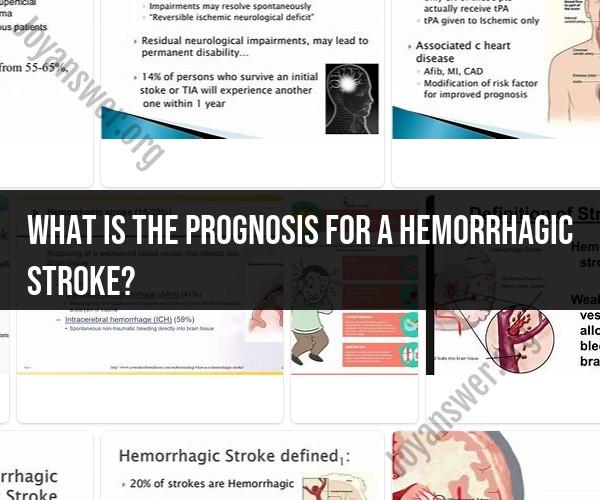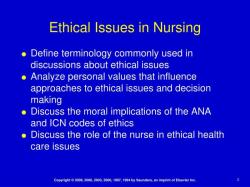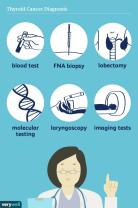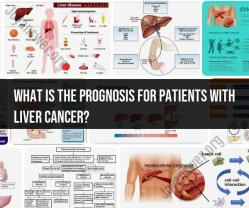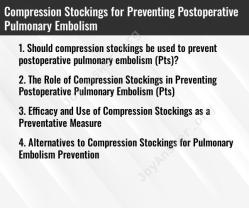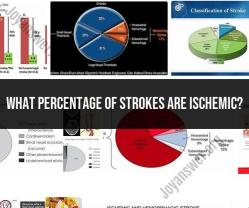What is the prognosis for a hemorrhagic stroke?
The prognosis of a hemorrhagic stroke depends on various factors, including the type of hemorrhage, its location, the size of the bleed, the patient's overall health, and the timeliness of medical intervention. Assessing recovery and long-term outcomes after a hemorrhagic stroke involves considering both short-term and long-term effects. Here's an overview of how prognosis is assessed:
1. Initial Assessment and Treatment:
- The first hours and days after a hemorrhagic stroke are critical. Prompt medical attention, diagnosis, and treatment can significantly impact the prognosis. Immediate intervention may help minimize damage and improve outcomes.
2. Type of Hemorrhage:
- There are two main types of hemorrhagic strokes: intracerebral hemorrhage (ICH) and subarachnoid hemorrhage (SAH). The prognosis and recovery trajectory can vary based on the type of hemorrhage.
3. Size and Location of Bleed:
- The size and location of the bleeding in the brain can affect the severity of neurological deficits and the potential for recovery. Some brain areas are more critical than others for specific functions.
4. Neurological Deficits:
- The extent and severity of neurological deficits immediately after the stroke, such as paralysis, speech impairment, or cognitive deficits, can influence the prognosis.
5. Medical Management:
- The effectiveness of medical management, including surgical procedures, medications, and interventions to control bleeding and manage complications, plays a role in the prognosis.
6. Functional Impairment:
- The patient's ability to regain functional independence in activities of daily living (ADLs), mobility, communication, and cognitive functions is an important factor in long-term outcomes.
7. Rehabilitation:
- Participation in physical therapy, occupational therapy, speech therapy, and other rehabilitation programs can significantly impact recovery and quality of life.
8. Complications:
- Hemorrhagic strokes can lead to complications such as hydrocephalus, seizures, infections, and other medical issues. Management of these complications affects overall prognosis.
9. Age and Overall Health:
- The patient's age and pre-existing health conditions can influence recovery. Younger, healthier individuals may have a better chance of recovery.
10. Long-Term Functional Status:- Assessing the patient's ability to regain and maintain independence, return to work, and engage in social and recreational activities provides insights into long-term outcomes.
11. Cognitive Function:- Evaluating cognitive function, memory, attention, and problem-solving abilities is important for understanding the impact on daily life and overall prognosis.
12. Psychological and Emotional Factors:- The psychological and emotional well-being of the patient, as well as their coping mechanisms and social support, contribute to long-term outcomes.
13. Follow-Up Care:- Regular follow-up appointments, imaging studies, and monitoring of ongoing health conditions are crucial for tracking progress and managing potential complications.
It's important to note that recovery from a hemorrhagic stroke can be a complex and individualized process. Prognosis can vary widely from person to person. Healthcare professionals work closely with patients and their families to provide ongoing assessment, treatment, and support to optimize recovery and long-term outcomes.
